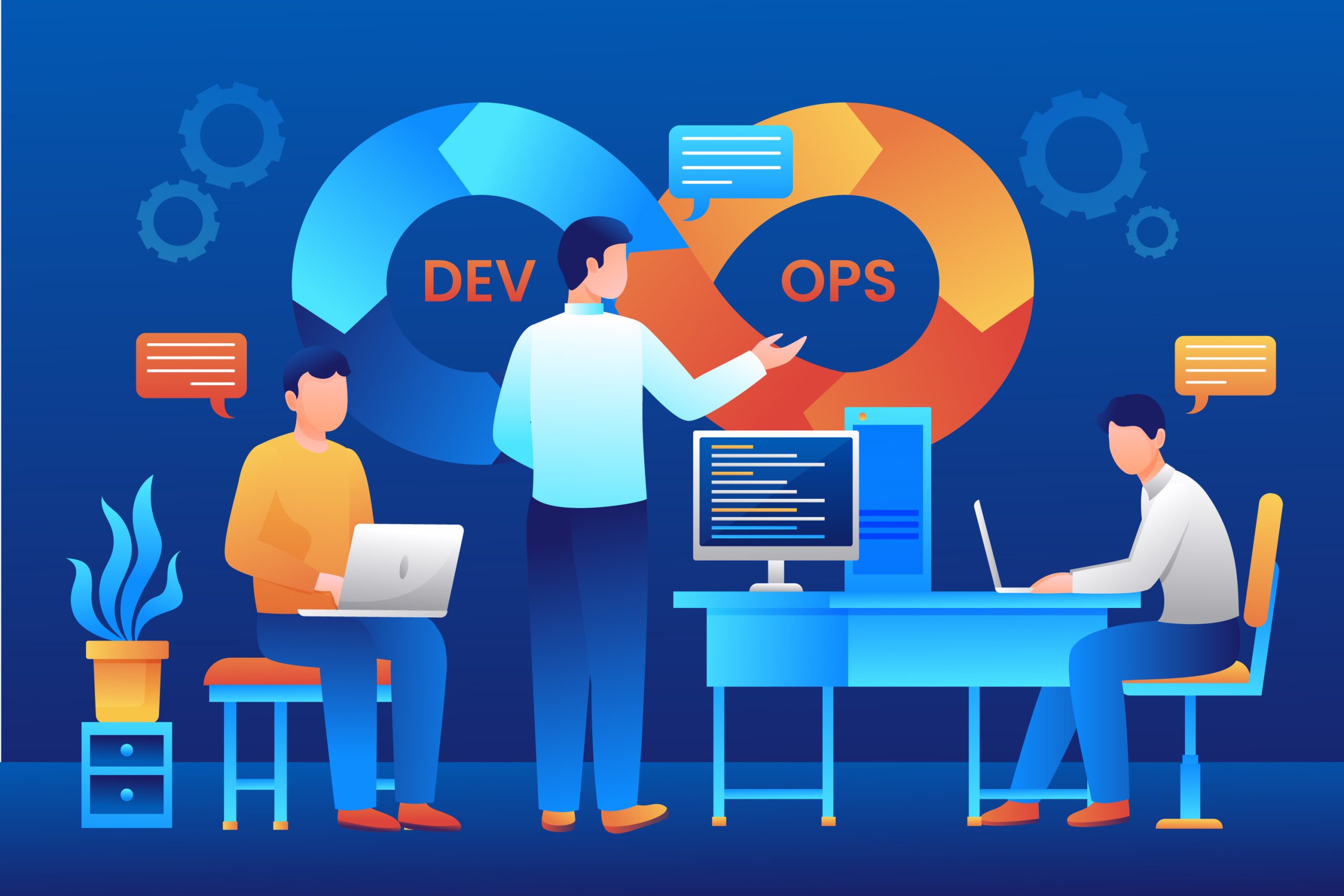DevOps is recently getting very popular, and individuals are still trying to figure out why! The term DevOps is generated by merging “development” and operations. DevOps, in absolute terms, is a collection of practices ensuring a harmonious collaboration between the IT and development operations teams. This process takes place between the groups throughout the entire product development process. DevOps has been a problem-solving tool for the day-to-day hassles that an organization suffers.
It enhances the software development testing, management and maintenance process, deployment, speeding up the process, scalability, etc. The DevOps methods like process automation, continuous delivery (CD), continuous integration (CI), and configuration management are used to perform all the functions that come under DevOps. There are more DevOps than many individuals know of. Read on to learn how important DevOps has been in recent times!
Important Principles of DevOps
DevOps are creating a change in an organization’s hustle and bustle operations by establishing a collaborative environment via communication and mutual trust. The implementation of DevOps differs with each organization as it is highly dependent on its long-term goals, operation, and corporate cultures opted. there are some standard principles that most organizations follow.
- DevOps initiate a culture of “top to bottom accountability” where the team appointed on a project is accountable for the outcomes. This culture disregards pointing fingers at any “Dev” and “Ops” professionals.
- It focuses on the ongoing developments of customer feedback and evolving technologies to improve product quality, cost, and delivery duration.
- DevOps use automation techniques to improvise the productivity and dependability of the process. This helps in speeding up the development and deployment process in the future.
- It also provides customer-centric strategies and feedback to meet ever-changing customer needs.
- DevOps take notes and lessons from their mistakes by facilitating an environment where they can be converted into new, growth-oriented opportunities.
Benefits of Using DevOps
DevOps improve the ability of the organization to respond to changes and deliver value to customers more efficiently. Here are some of the top benefits of DevOps that makes them a must-have in any organization.
1. Faster Time-to-Market
DevOps practices enable more rapid software delivery by reducing the time it takes to move code from development to production. By automating processes such as testing, integration, and deployment, DevOps helps teams to release new features and updates more quickly and reliably.
2. Improved Collaboration
DevOps promotes a culture of collaboration and communication between development and operations teams. By working together throughout the software development lifecycle, teams can better align their goals and priorities and avoid siloed decision-making.
3. Increased Efficiency
Automation is a crucial aspect of DevOps, which helps teams to streamline and optimize their workflows. By automating routine tasks and processes, teams can focus on more complex and value-added work, improving efficiency and productivity.
4. Better Quality Software
DevOps practices emphasize continuous software testing and monitoring, which helps identify and address issues early in the development process. This approach leads to higher-quality software that is more stable and reliable in production.
5. Faster Incident Resolution
When incidents occur in production, DevOps practices help teams to respond quickly and effectively. By automating incident response and having cross-functional teams working together, couples can reduce downtime and mitigate the impact of incidents on customers.
6. Improved Security
Security is a crucial aspect of DevOps, focusing on incorporating security into the software development process. By automating security testing and integrating security practices into the development process, teams can identify and address security vulnerabilities more effectively.
What DevOps holds for the future?
DevOps has been a successful development for accelerating software development to emphasize automation and collaboration. Its future will likely be shaped by trends such as adopting artificial intelligence and machine learning, cloud-native technologies, a security-first approach, shift-left testing, and a continued emphasis on continuous delivery, integration, testing, and deployment. Organizations that embrace these trends will be better positioned to accelerate their software delivery, improve quality and reliability, and remain competitive in a digital world.
In a Nutshell
DevOps is a set of practices and principles that combines software development and IT operations to streamline workflows, increase collaboration, and improve software delivery. By emphasizing automation, continuous testing, and cross-functional collaboration. DevOps practices can help teams to work more collaboratively, efficiently, and effectively, resulting in higher quality software, faster time-to-market, and a better experience for both development teams and end-users.
































































